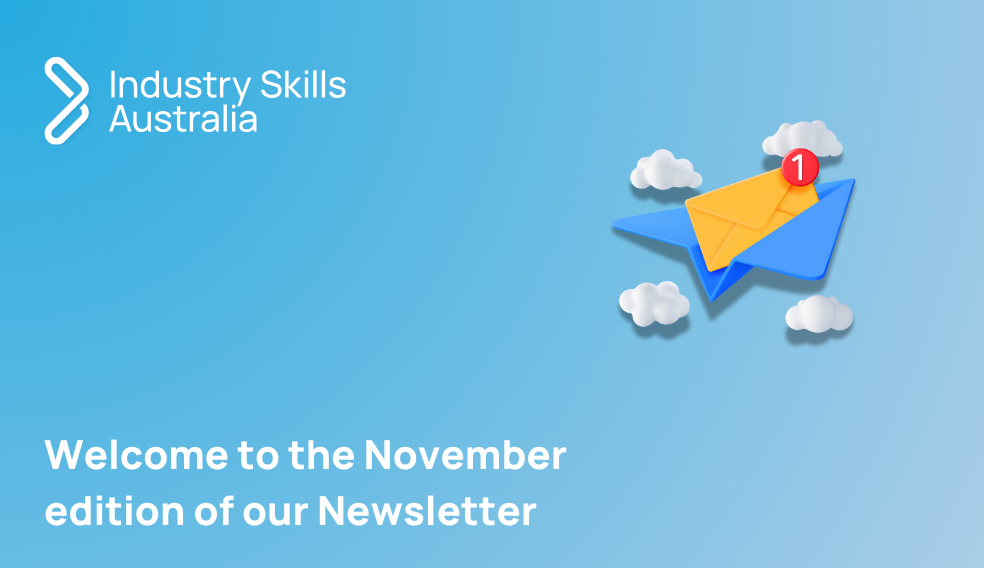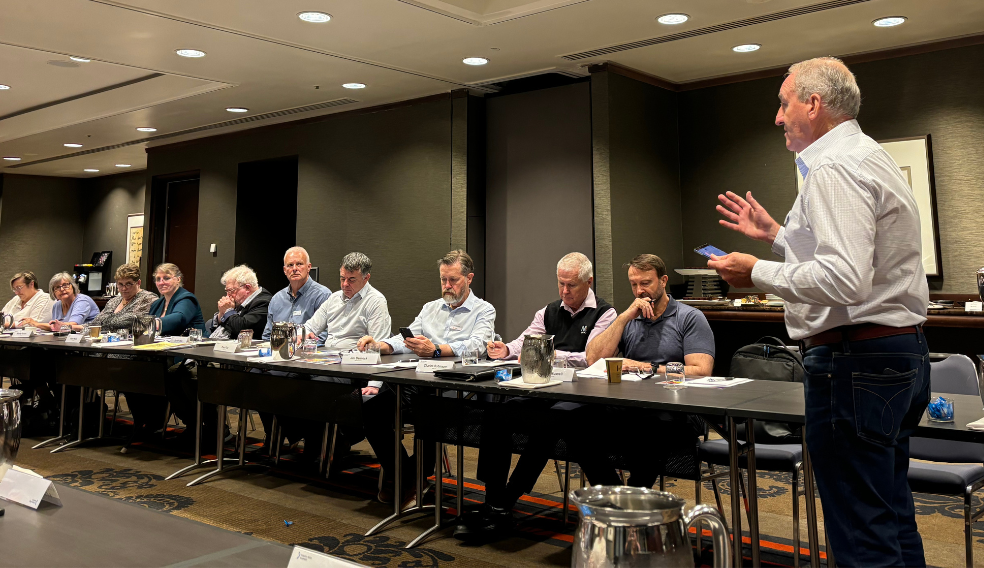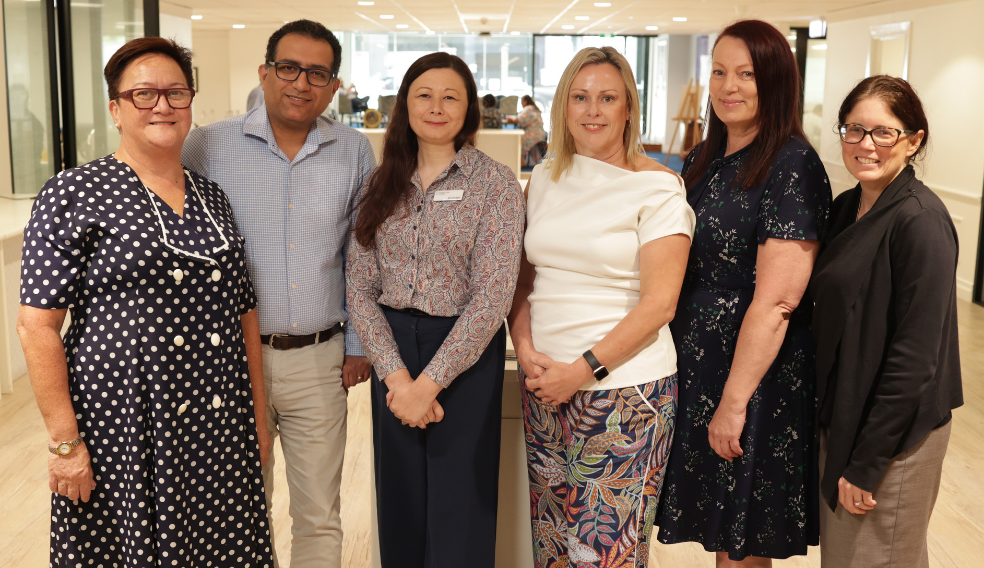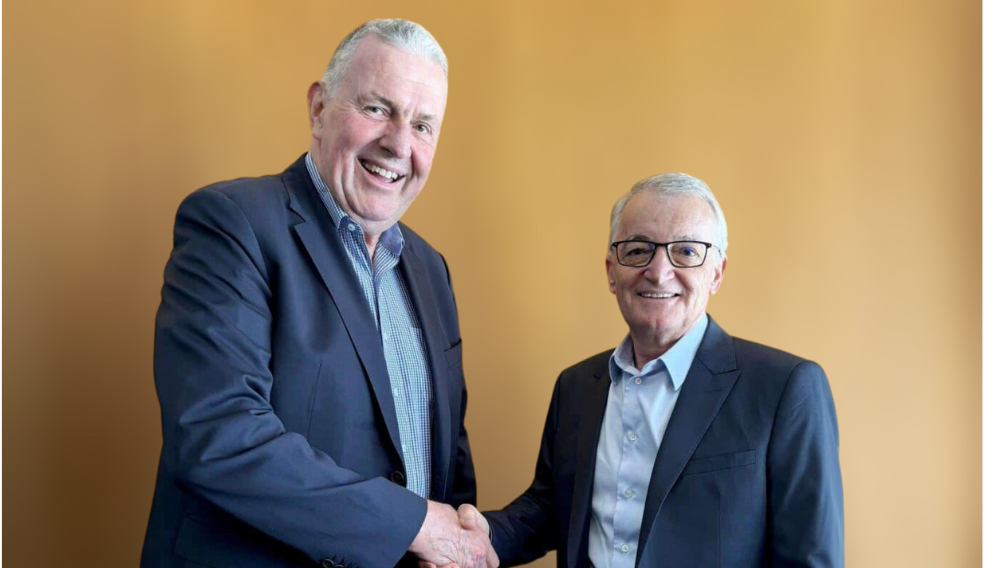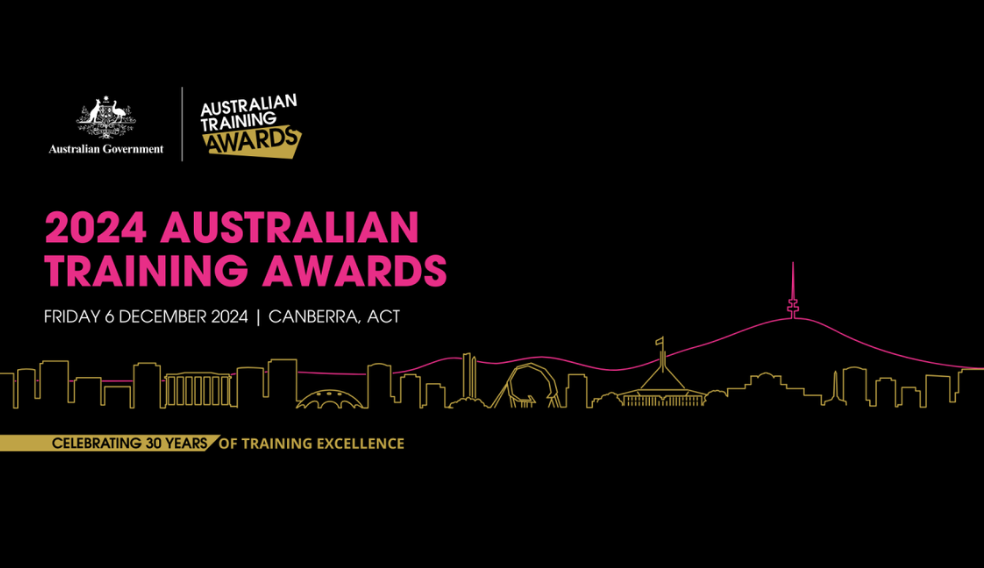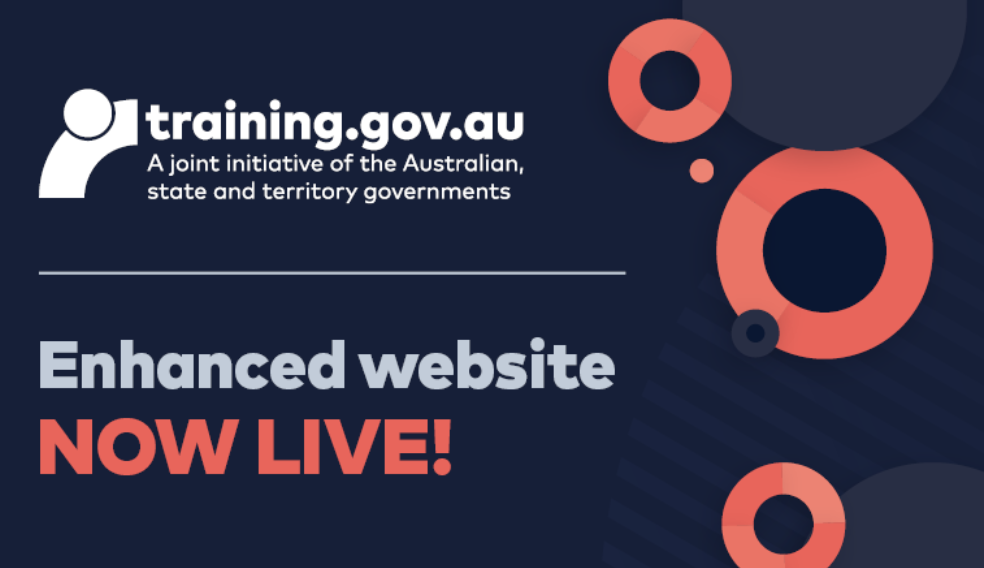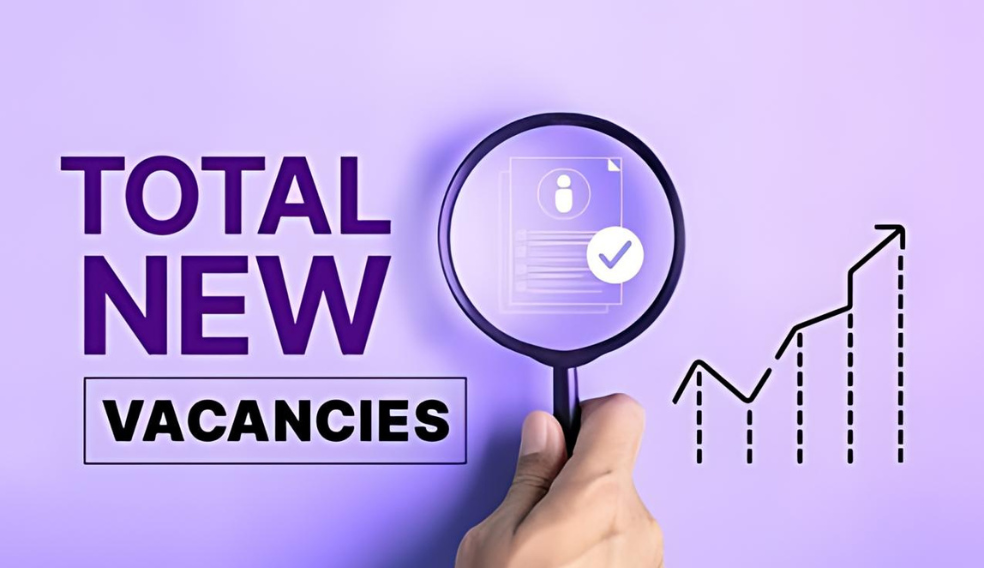Nov 25, 2024
Welcome to the November edition of our newsletter
Industry Roundtables update
Industry Skills Australia (ISA) recently concluded our series of highly informative national Industry Roundtables held in each state/territory, with the final session held in Melbourne recently.
The Roundtables provided an opportunity for ISA to engage directly and hear first-hand from key stakeholders what their respective workforce challenges and opportunities are. Discussions focused on three main areas:
- current and emerging skills and workforce development priorities
- key blockages and bottlenecks
- high-impact solutions that industry would like to see put into action.
Roundtable participants included employers, workers, unions, government representatives, and training providers, who highlighted many shared challenges. Stakeholders who were unable to attend the Roundtables can provide their thoughts via an industry survey. Over the next few weeks, ISA will continue to analyse the collected insights, noting common themes and region-specific challenges.
Key Insights Common themes that we have heard so far include the impact of new technologies, skill shortages, access to training, lack of funding, and the need for diversity. Specific concerns, such as the shortage of skilled workers, retention of experienced professionals, and engaging young people, were also discussed. Stakeholders emphasised the need for mentorship, support for under-represented workforce cohorts, a focus on workplace health and wellbeing, and greater regulatory consistency across national jurisdictions.
Roundtable participants also told us that more must be done to attract women to the workforce, and there needs to be careful management of skilled immigration.
We heard there is a need for targeted Government financial support for training, particularly for apprenticeships and traineeships, to address these issues and achieve workforce sustainability in the Transport and Logistics sectors.
Next Steps Key pressure points raised in the Roundtables support the challenges outlined in our 2024 Workforce Plans, released in June this year. We are currently working with industry on prioritised solutions to respond to these challenges. Feedback provided in the recent Roundtables will assist in informing the development of ISA’s 2025 Workforce Plans and broader program of work to align with current and emerging industry needs. These plans guide workforce development by outlining necessary actions for a more agile, productive, and resilient workforce.
Given the ever-evolving nature of our sectors, these conversations with industry are ongoing. You can still have your say by reaching out to our team directly or by providing your thoughts via the survey on our website.
We thank all participants for sharing such rich and valuable insights.
Getting The Inside Story – ISA On the Road
Industry Skills Australia (ISA) is constantly on the road, listening to the needs of those on the frontline—those who run the businesses and perform the jobs. These conversations allow ISA to reliably represent industry views on skills development, workforce planning challenges, and the solutions required.
Read more about some of our latest engagements below:
Recently, our CEO, Paul Walsh attended the launch of the Defence Manufacturing Workforce project, led by our JSC colleagues at the Manufacturing Industry Skills Alliance (MISA). Hosted by BAE Systems in Adelaide, the event included The Hon. Andrew Giles MP, Minister for Skills and Training, and The Hon. Blair Boyer MP, South Australian Minister for Education, Training and Skills.
This project aims to address the growing demand for skilled workers in Australia’s defence manufacturing sector by creating a national roadmap to coordinate a consistent response from the skills system. ISA is proud to support this nationally significant initiative in collaboration with MISA.
With the Australian aviation industry facing critical workforce shortages and evolving skill needs, ISA’s Aviation Engagement Manager, Mori Hajizadeh, was honoured to present at the Safe Skies Conference on current and future aviation workforce development challenges. He emphasised the importance of working closely with industry stakeholders to establish a sustainable workforce development mechanism. He highlighted how collective efforts across the sector are essential for building a resilient and skilled aviation workforce that meets the sector's dynamic demands.
During the session, Mori introduced some of ISA’s current and planned workforce development projects which address immediate and emerging skill shortages and are aimed at building an agile and future ready workforce. Current projects being implemented in collaboration with industry cover Aviation Search and Rescue, Aviation Transport Security Protection, Flight Instruction, Cabin Crew Skills recognition, remote Pilot Licensing, and Aviation career information.
ISA would like to thank Safe Skies organisers for hosting such a valuable event. The conference provided an excellent platform for industry stakeholders to exchange insights, build partnerships, and work collectively towards securing a strong future for Australia’s aviation workforce.
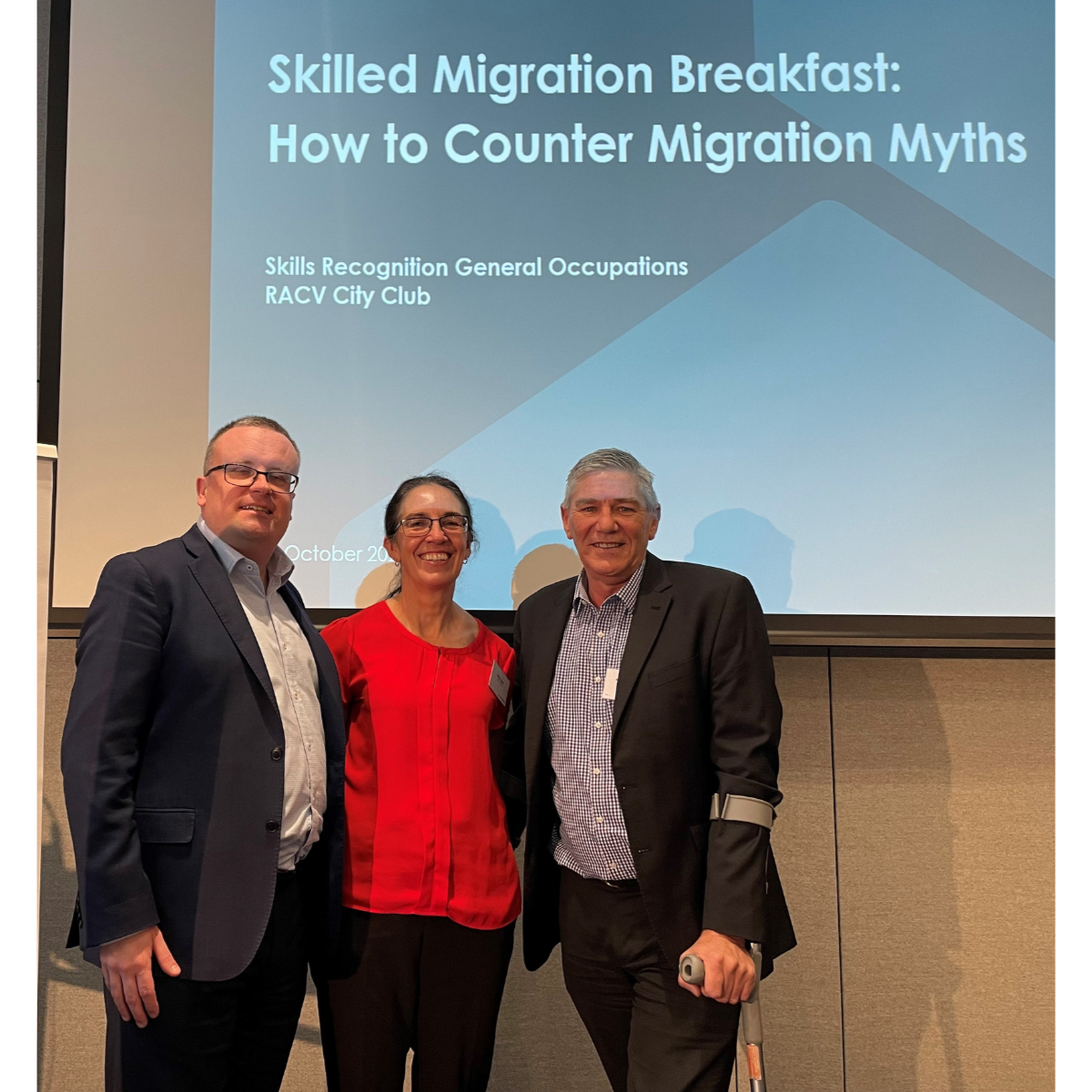 VETASSESS recently conducted an informative session debunking myths about skilled migration.
VETASSESS recently conducted an informative session debunking myths about skilled migration.
As recognised experts in skills assessment, VETASSESS supports individuals, training providers, and industry groups worldwide in defining and achieving their learning and assessment goals.
As Australia’s largest skills-assessing authority, VETASSESS evaluates over 360 general professional occupations and 27 trade-related occupations.
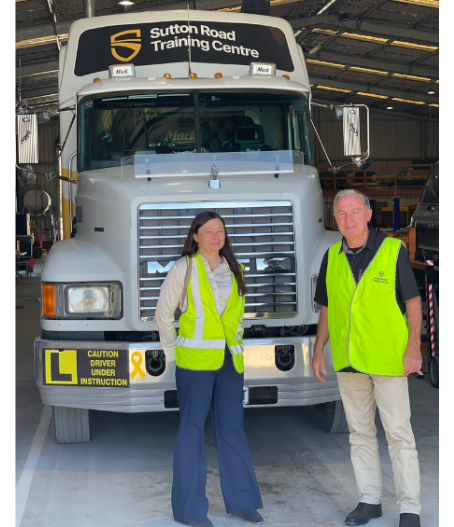
Following ISA’s Industry Roundtable in Canberra, Transport and Logistics Industry Engagement Manager Camilla Elmes and General Manager Operations Erin Knudsen visited the Sutton Road Training Centre (SRTC). This purpose-built facility delivers heavy vehicle licence training and assessment through the Transport Industries Skills Centre Inc. (TISC), an RTO endorsed by the ACT and NSW Governments.
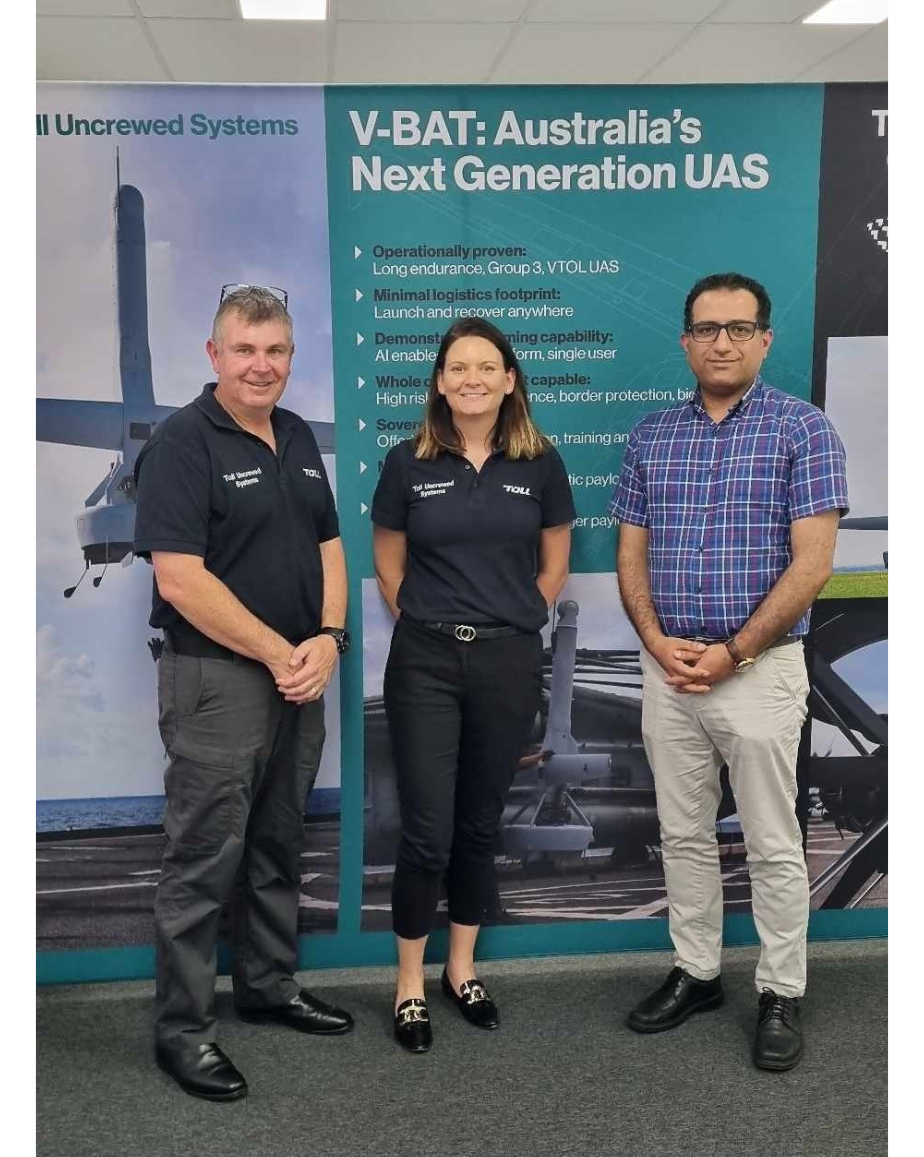 Mori Hajizadeh, ISA’s Aviation Engagement Manager, recently visited Toll Uncrewed Systems' office in Brisbane. Toll, a leader in uncrewed aerial services, supports critical sectors through services such as emergency response, asset inspection, surveying, and aerial mapping.
Mori Hajizadeh, ISA’s Aviation Engagement Manager, recently visited Toll Uncrewed Systems' office in Brisbane. Toll, a leader in uncrewed aerial services, supports critical sectors through services such as emergency response, asset inspection, surveying, and aerial mapping.
During the visit, Wayne Condon, Head of Uncrewed Systems, and Lesley Condon, Training and Operations Manager, shared valuable insights into their operations. They highlighted the challenges of maintaining a highly skilled workforce capable of managing complex drones in high-stakes environments.
Discussions included the Remote Pilot Licence (RePL) and the pressing need for a tiered approach to Remotely Piloted Aircraft Systems (RPAS) Licensing. As drones continue to evolve and take on increasingly complex roles across industries, the current RePL does not sufficiently address the range of tasks performed by operators.
A tiered licensing structure would enable operators to progressively advance their skills, helping to bridge industry skill gaps and improve service delivery in challenging scenarios.
ISA’s Engagement Manager for Maritime, Anna Jerrems, recently attended the 48th Biennial Conference of Ports Australia in Hobart, where over 350 port industry leaders and decision-makers gathered to explore key issues impacting the global maritime sector. Key topics included maritime decarbonisation, green shipping, cybersecurity, and geopolitical challenges in the region.
Under the theme ‘Navigating new horizons, adapting for tomorrow’s challenges’, the conference brought together national and international port and supply chain executives, thought leaders, and government representatives to share insights and discuss the future of the industry.
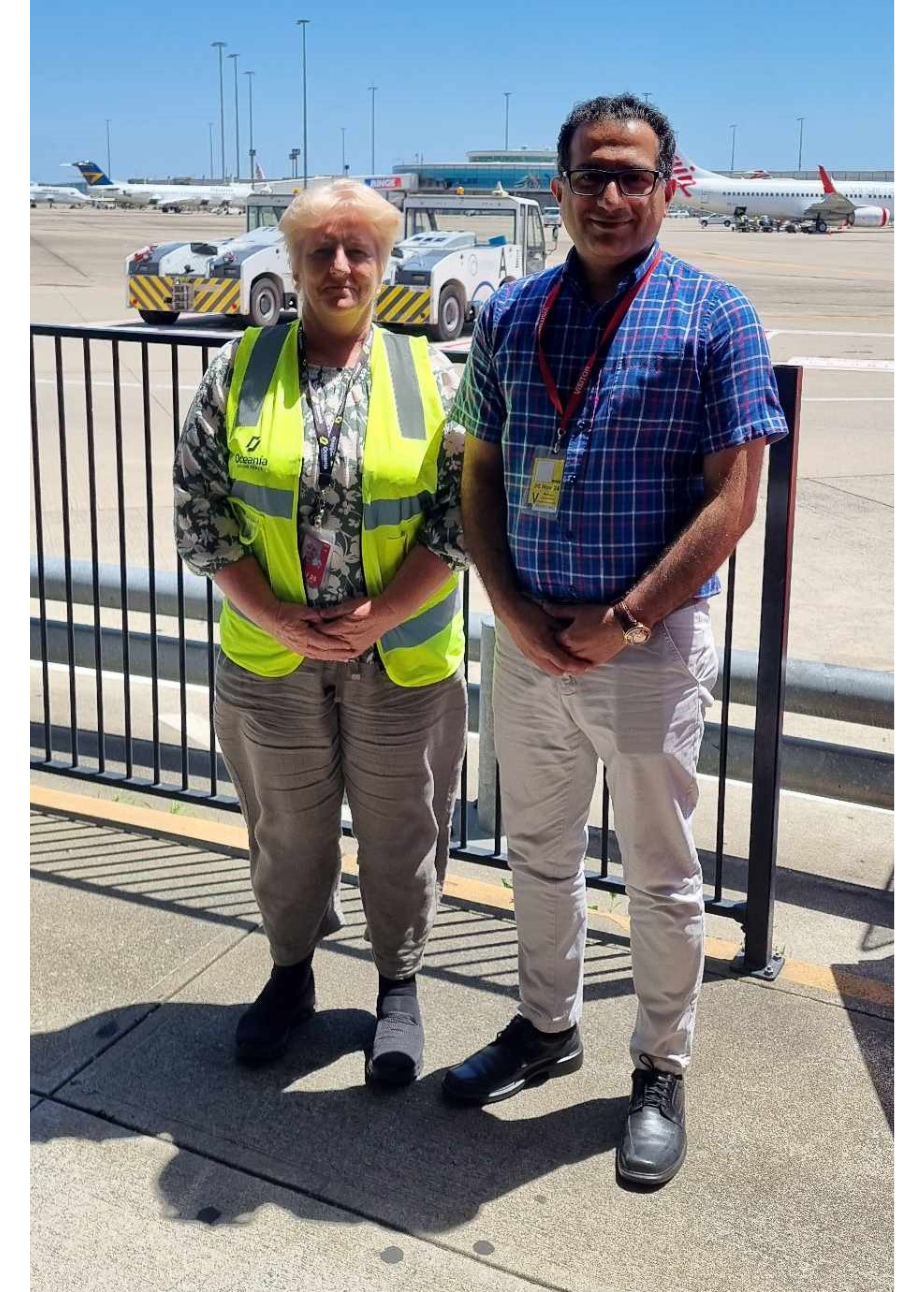
Mori Hajizadeh, our Aviation Engagement Manager, recently visited Oceania Ground Force – Ground Handling at Brisbane Airport. Oceania Ground Force provides essential ground services to airlines across 13 airports in Australia, supporting over 60,000 flights annually. Their operations encompass a wide range of tasks, including customer service, travel document verification, aircraft boarding, passenger marshalling, baggage handling, aircraft loading/unloading, and aircraft turnaround services.
During the visit, Mori discussed the key challenges in ground operations, particularly attracting and retaining a skilled workforce. Ground operations offer numerous job opportunities, yet there is a need for more information on career pathways. The stringent regulatory environment also impacts training time, especially in regional areas, where these challenges are more pronounced.
Date | Conference | Location |
25 – 27 Nov | AusRAIL 2024 | Gold Coast |
3 Dec | Jobs and Skills Australia: VIC Roadshow | Melbourne |
6 Dec | Australian Training Awards | Canberra |
Project Updates
Maritime training products endorsed
Skills Ministers have endorsed Maritime training products which have been aligned with Marine Order 505 (MO505) for domestic commercial vessels and the International Maritime Organization (IMO) guidelines for Vessel Traffic Services (VTS) operators.
Marine Order 505
The regulatory and licensing requirements in MO505 aim to enable seafarers to meet the highest standards of competence and safety in their roles and help safeguard the integrity and effectiveness of maritime training, benefitting both the industry and the seafaring community.
The revised training products include:
- a new Skill Set to support the Coxswain Grade 3 licensing category, facilitating occupational mobility for existing maritime workers
- a new Unit of Competency: Command and manage a voyage on a vessel up to 45 metres (Near coastal)
- merging of the Certificate III in Maritime Operations (Master Inland Waters) with the Certificate III in Maritime Operations (Master up to 24 metres Near Coastal)
- updated qualifications, Skill Sets and Units of Competency for Near Coastal job roles to reflect MO505 licensing and regulatory requirements
Vessel Traffic Services
In response to a request from the Australian Maritime Safety Authority (AMSA), the Certificate III in Vessel Traffic Services and six related units of competency have been deleted from the Maritime Training Package.
AMSA has requested Vessel Traffic Service (VTS) Operators use the International Maritime Organization (IMO) requirements (also known as IMO - IALA Model Courses) for training purposes.
Skills Ministers endorsed the revised Maritime Training Package on 14 November 2024.
What does this mean for industry?
The revised training products are now compliant with Marine Order 505 and International Maritime Organization (IMO) guidelines.
ISA will be conducting a webinar to explain the changes to training products and provide implementation advice. Subscribe to be kept updated.
New Projects
The following projects have commenced, after approval by the Department of Employment and Workplace Relations. You can find more information about these and other projects on our website.
Aviation - Cabin Crew Skills Recognition
There is a current shortage of flight attendants across Australia. Flight attendants play a crucial role in passenger safety. They undertake rigorous training to acquire a diverse skill set including safety, first aid, conflict resolution, teamwork, and cultural sensitivity to be qualified to work in an airline. However, despite their highly versatile and transferable skills, most cabin crew lack nationally accredited qualifications.
This project will investigate the barriers to industry recognition of the Certificate III in Aviation (Cabin Crew). In the first phase, ISA will consult with major airlines and training providers to identify the gaps between industry practices and the current qualification content, with the goal of revising the qualification to increase its use by industry for workforce development.
Aviation - Defence Flight Instructor
The aviation industry faces a pressing shortage of flight instructors. Addressing this shortage is vital for the industry’s growth and safety. Australian Defence flight instructors are highly qualified, but their extensive military training isn't fully recognised by the Civil Aviation Safety Authority (CASA) when they transition to civil airlines. This necessitates further examinations and training which incurs significant time and financial costs.
Through this project, ISA will engage with CASA, the Defence Aviation Safety Authority (DASA), and industry experts to identify the existing barriers and offer recommendations and potentially a framework to streamline the transition of defence flight instructors to civil aviation. This project will also consider the feasibility of incorporating other defence aviation-related careers which require meeting CASA’s requirements for transition into civil airlines.
Existing Project update
Rail - Mutual Recognition
Australia’s rail networks have developed independently across different jurisdictions, resulting in a lack of national interoperability. This challenge is compounded by inconsistent approaches to training and assessment, impacting recognition of competency across rail networks and worker mobility.
ISA has commenced the first phase of the Rail Mutual Recognition project to develop a quality framework that prescribes industry’s minimum expectations for design and delivery of training and assessment. This will support Rail Infrastructure Managers and Rail Operators to have confidence in recognising competence acquired and/or assessed in other jurisdictions, networks or domains. Project outputs will be published in a TLI Transport and Logistics Training Package Rail Mutual Recognition Companion Volume.
Three workshops have been scheduled over Thursday 28 November and Friday 29 November 2024 to seek stakeholder feedback and insights into the design and delivery of training and assessment in the rail industry.
New Australasian Railway Association Chair
The Australasian Railway Association (ARA) has appointed Lucio Di Bartolomeo as its new Chair to replace Danny Broad, who will be stepping down at the ARA AGM on Monday, 25 November.
Lucio has been a full-time Non-Executive Director (NED) for 18 years, including as Chair of Australia Post, Northwest Rapid Transport, Australian Naval Infrastructure, Health Infrastructure NSW, and Macquarie Generation. He has also held NED roles with Australian Super, the Australian Rail Track Corporation, Downer EDI, and Moorebank Intermodal Company.
Prior to these roles, Lucio was the Managing Director of ADI/Thales Australia, a leading defence, systems, and engineering contractor. Before his appointment to ADI in 2002, he had a 26-year career in the transport industry.
From 1986 to 2002, Lucio held several senior management positions that put him at the forefront of rail industry reform, including positions as Group General Manager of FreightRail, CityRail, and ending as Managing Director of FreightCorp.
Most recently, he was appointed by the New South Wales Government to an independent advisory panel to oversee the NSW Freight Policy Reform Program.
Lucio is a qualified Civil Engineer and holds a master’s degree in engineering science.
ISA looks forward to meeting with Lucio at the ARA’s AusRAIL conference on the Gold Coast next week.
Have your say on draft model Code of Practice: Managing fatigue risks at work
Safe Work Australia is developing a model Code of Practice which provides guidance for employers and organisations on managing fatigue risks at work.
To support the development of this model Code of Practice, Safe Work Australia is seeking a wide range of views on the draft. Responses from public consultation will be used to refine the draft model Code and ensure it assists duty holders to determine what is reasonably practicable to manage fatigue hazards and is broadly applicable across all industries.
Safe Work Australia welcomes submissions from all interested stakeholders, including duty holders, regulators, government agencies, unions, workers, legal professionals, researchers, members of the public and other parties.
Responses close 11:59pm on Wednesday, 27 November 2024.
Visit the Consultation hub for more information and to have your say.
Australian Training Awards
The Australian Training Awards, which recognise and celebrate outstanding achievements in the vocational education and training (VET) sector, will be held in Canberra on Friday, 6 December.
Over recent months, states and territories have showcased the very best of the VET sector through a series of training awards around the country.
Winners from each state and territory training awards will now compete for a national award title.
16 Awards categories will be presented at the Awards – eight categories for individual achievements and eight for businesses and registered training organisations.
New Training.gov.au goes live
Training.gov.au, Australia's national training register, has been enhanced to provide an easy-to-use platform to support Australia’s vocational education and training (VET) sector.
The data in the enhanced register is now easier to find and use, with a modern, intuitive, and efficient navigation system.
Information held on the register includes:
- Nationally recognised training (NRT): training packages, qualifications, units of competency, skill sets and accredited courses.
- Registered training organisations (RTOs) that are approved to deliver nationally recognised training.
The upgrade is part of the National Training Register enhancement project which includes 4 key components:
- enhancing the training.gov.au website
- improving the Training Package development process
- building the Training Package Content Management System
- modernised webservices.
Jobs and Skills Australia 2024 Roadshow
Jobs and Skills Australia (JSA) will be visiting each capital city in November and December to share key products and discuss its future direction with partners and stakeholders.
Join JSA for engaging panel discussions and Q&A sessions on localised areas of interest from the Jobs and Skills Report.
Hear directly from national and local experts from a range of policy, operational and research perspectives and take advantage of networking opportunities with industry professionals and representatives.
This roadshow is a unique way to gain deeper insights on the direction of JSA and how they are positioning themselves to deliver improved participation, productivity, wages and equity for Australia’s workforce.
To find out more and to register in your state/territory, visit the JSA website.
Jobs and Skills Australia's new data gives a broader measure of recruitment
Jobs and Skills Australia has launched its new series, Total New Vacancies (TNV), a data source that estimates the total number of job openings across the country each quarter.
For the May 2024 quarter, the TNV reported 1,298,930 new vacancies.
JSA says that while other data sources provide highly informative, specialised information - such as JSA’s Internet Vacancy Index which focuses on recruitment via online job advertisements - the TNV uses additional recruitment method data that provide a broader picture.
